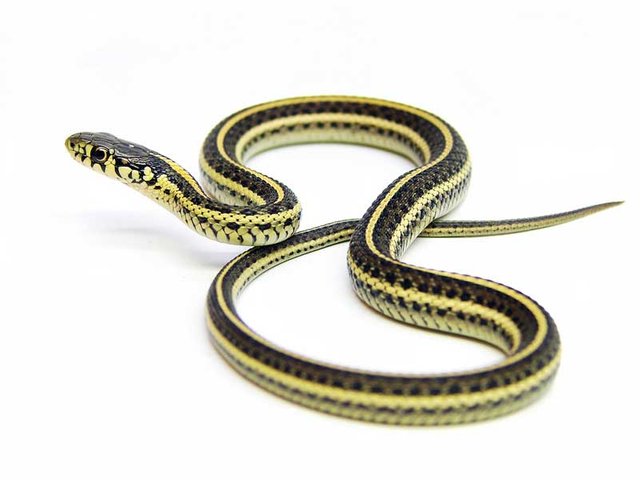
I was on facebook yesterday and saw that one of my friends posted a picture of a snake they found under their porch. Naturally, as I sifted through the comments, I saw a lot of people commenting "I would have killed it!" or other statements condemning the animal for being disgusting or scary. I admit, it has always been amazing to me how just the sight of a tiny snake makes people want to start killing them (imagine if that were the case for other animals). Then I found the one comment that gave me pause.
"I wish all snake species went extinct."
Okay, ignoring the fact that that's a HUGE overreaction to a tiny garter snake, you really don't wish that (this brilliant individual went on to list a handful of other animals he deemed we would be better off without). I've posted here many times before about the benevolent nature of snakes, referring to them as a critically important species. So today, I wanted to just lay out a few reasons why snakes are important, and why we would be monumentally screwed without them.
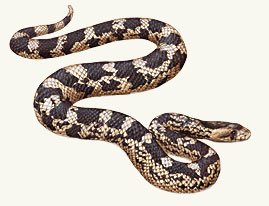
1. They control pest populations. This is probably the most obvious and most stated reason as to how we rely on snakes, but that's because it is so important. Snakes control a variety of animal populations as predators, most notably rodents like mice and rats. They are a natural form of pest control (safer and more effective than traps and poisons...and free!), and even a single snake can do wonders for a rodent-infested home (also keep in mind that rodents are one of the leading causes of house fires as they chew wires in walls and attics!). Smaller snakes (like the garter snake) feed on a variety of insect pests, and are incredibly beneficial to gardens. Some scientists even theorize that early human societies may have relied on snakes (perhaps unknowingly) to protect their granaries and food stores, as rodents would likely have been a problem.
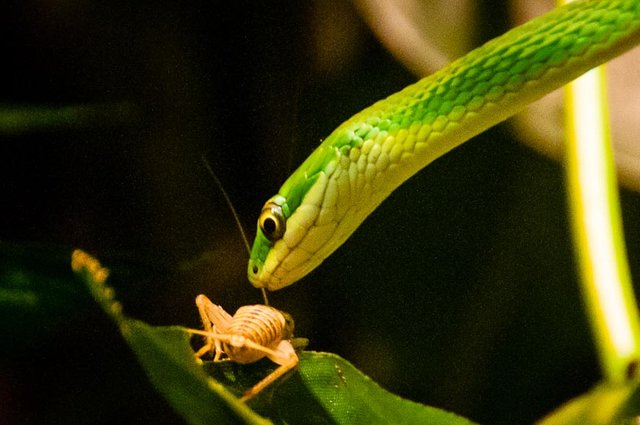
2. They are an important link in the food web. Arguably, this can apply to any animal, but that doesn't mean snakes don't fit the bill too. As I already stated, snakes are important predators, and prey on many different species beyond the pests mentioned above. Without a predator to keep their numbers in check, these species would be prone to overpopulation and disease if snakes were lost. Some species are preyed on only by snakes; the red-spotted newt produces a poison called tetrodotoxin, and only a couple species of snakes have evolved to be immune to the newts' poison. If these snakes were lost, the newts would likely experience a population collapse without a predator to keep their population healthy (predation, though seemingly cruel, is hugely beneficial to a prey species!). Snakes themselves are an important prey species as well, and many different animals rely on them as a source of food including birds, mammals, fish, large amphibians and even spiders and insects! If you remove a link from the food web (no matter how unimportant you may believe it to be), it will have consequences that ripple throughout the ecosystem.
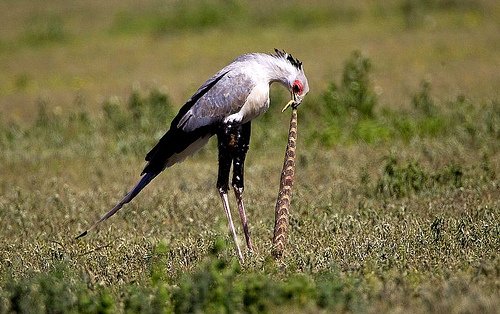
3. Snakes drastically reduce the spread of diseases, most notably Lyme Disease. Lyme disease is spread by black-legged ticks, which survive and spread by feeding on rodents and other small mammals... i.e., the snake's favorite meal. A 2013 study set out to determine exactly what kind of impact snakes might have on the tick population, and how that might affect the spread of diseases like Lyme. The results were shocking; on average, each individual snake removes 2,500-4,500 ticks from the environment every year! Lyme disease cases in humans are currently on the rise, and researchers are attributing part of that to the fact that people are not allowing the snakes to do their important job! And that's just the start; by targeting rodents, snakes control a number of diseases spread by ticks, fleas, and other parasites!
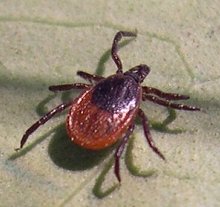
4. They are a medicinally important species. It seems like every week there is a new article about the medicinal applications of snake poison and venom. The toxins produced by snakes are being engineered to help the body fight a variety of diseases and conditions, including allergies, heart attacks, strokes, blood conditions, diabetes and even treatments for aches and pain. Recent studies also show an ability to target cancerous cells, meaning that snakes may soon provide us with definitive cures for various types of cancer (they are already being used in several forms of treatment). The fact of the matter is, thanks to modern medicinal research, a venomous snake is far more likely to save your life than to end it.
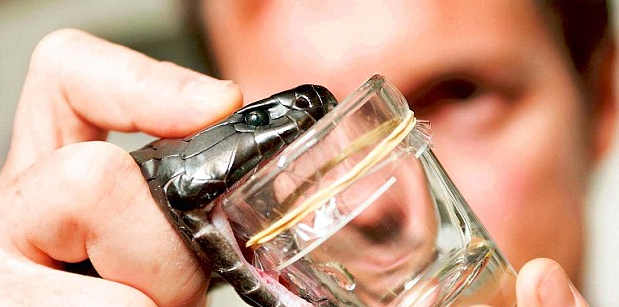
5. Snake sheds provide an important source of nutrition to the ecosystem. This one is pretty interesting (I actually only learned about this last week). Snakes typically go through ecdysis several times a year, in which they completely shed their skin (generally in one big piece). So what does that mean if ALL the snakes are shedding their skin multiple times a year? Andrew Durso (Life is Short but Snakes are Long) tackled the question in an article on the value of snake sheds with incredible results! In the United States alone, snakes shed roughly 1.6 billion pounds of skin each year, equal to about 3.6 trillion calories returning to the ecosystem...that's enough calories to sustain the state of Alabama for an entire year, by the way! While still not completely understood how much this impacts the ecosystem, Durso remains confident that the effects are likely significant to the energy cycle.
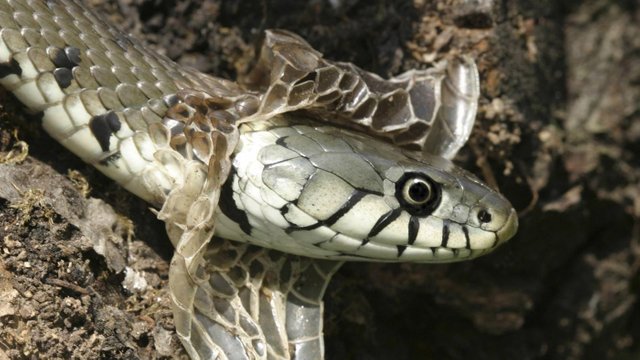
6. They are culturally significant: I could write forever about the cultural significance of snakes and other reptiles (hmmm, maybe an idea for a future post) but for the sake of this post I will be brief. Snakes have, well, snaked their way into the legends and stories of many cultures and societies, and have been worshiped as deities, feared as mythological monsters and respected as symbols of life and renewel. Historically, snakes have been revered as a symbol of fertility, rebirth and transformation through the routine shedding of their skin or "old life" (such as the ouroboros, a symbol of continuity). Snakes even were (and still are!) a source of food for humans, often enjoyed in ceremonies, festivals or other important cultural celebrations. To lose snakes would mean the loss of an important cultural icon!

Not everyone likes snakes and that is okay. Regardless, we need to understand the incredible impact these animals have on us and the natural ecosystem as a whole. To remove an animal, even an individual, simply because we don't like it, can have profound impacts that we can't always foresee. Whether its a snake, mosquito, tick, shark or any other fearsome, scary or undesirable animal, we need to recognize that they serve their own role in the ecosystem. The fact of the matter is this: if snakes went extinct, our lives would surely be changed for the worse.
Snakes have never really bothered me. I have always had a bit of arachnophobia, but that has gotten more and more controlled as I get older. I also have not advocated killing all spiders as I do understand how bad that would be. I do tend to kill them if they are in my house, but everywhere else I leave them be.
Downvoting a post can decrease pending rewards and make it less visible. Common reasons:
Submit
You made me miss my pet snake I had as a kid... although, we once arrived home to find a faily poisonous snake baking in our driveway, and my sister, so used to me having a pet snake, ran out and petted it... thankfully it was very lazy in the sun!
Downvoting a post can decrease pending rewards and make it less visible. Common reasons:
Submit
Great post, thanks Herp Dude :)
Downvoting a post can decrease pending rewards and make it less visible. Common reasons:
Submit